Learn How to Stake Your Tomatoes
For healthier plants, better fruit, and fewer headaches, choose a stake that suits your needs
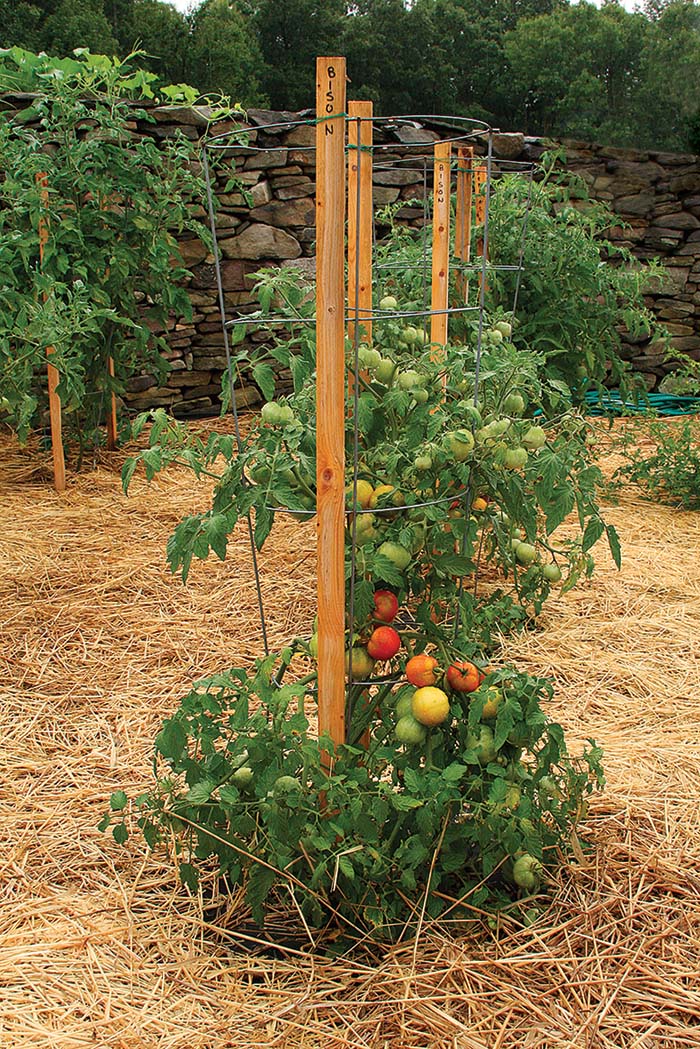
Anyone who has tried to deal with the jungle of stems and foliage that tomatoes can become if inadequately staked must wonder, “Isn’t there a better option?” While many experienced tomato growers have their favorites, there is no surefire, one-size-fits-all solution to stake tomatoes. Let’s take a look at the pros and cons of some of the more common options to see if there really is a better one for you.
Cages support side branches
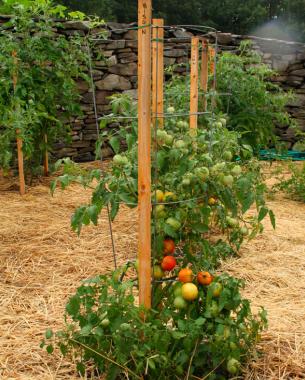
When it comes to supporting a multitude of side branches, a cage can be an outstanding choice. But it isn’t the most attractive option, nor is it the sturdiest. Adding some wooden stakes down the sides helps a cage stay upright and may—or may not—add to its appearance.
Pros
• Good support for side branches
Cons
• Not sturdy
• Not attractive
• Not much support for main stem
Tepees are as tall as you make them
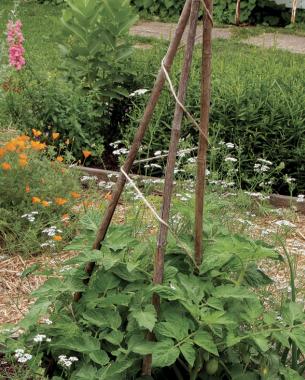
Potentially the tallest of supports, a tepee can be built out of almost anything: from bamboo stakes to found branches. Its shape makes it sturdy, but you will need to provide some support for side branches either by adding side braces or by spiraling twine around the structure. You can plant tomatoes at the base of each pole or grow one plant in the center; in that case, a center pole might be required for support.
Pros
• Sturdy
• Inexpensive
• Easy to adapt
• Tall enough for any tomato
Cons
• Requires a lot of space
• Needs to be built
Spirals look good

A spiral is designed to let you wind the main stem around it, providing support. It also looks great in late spring before it gets covered in foliage. The problems with a spiral is that it isn’t nearly tall enough to handle an indeterminate tomato and it offers no support to side stems.
Pros
• Cool looks
• Strong support for main stem
Cons
• Too short for most tomatoes
• No support for side branches
• Can lean due to weight from plant
Ladders are less likely to lean
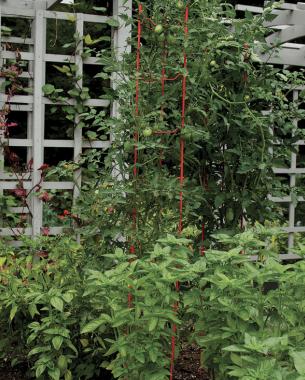
A ladder provides as much support to the main stem as a spiral but lends more support for side branches. It is also less likely to lean under the weight of the plant. Like a spiral, however, it is often too short to do the job. Many tomato ladders, fortunately, can stand on top of one another, providing the height to hold a huge tomato plant.
Pros
• Strong support for main stem
• Some support for side branches
• Can be stacked for greater height
Cons
• Expensive
• One stake is often not tall enough
• Side stems can break or tangle due to lack of support
Ties are important too
Many supports allow you to wind the main stem through it, but you will occasionally need to tie it or some side branches to your stake. Options abound, from homemade (fabric scraps, such as nylon ties) to commercial (tomato clips). Whatever you use, a good tie will not abrade the stem, nor will it girdle the stem as it grows.
 |
 |
Fine Gardening Recommended Products
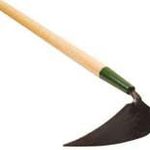
Long Handle EZ-Digger
Fine Gardening receives a commission for items purchased through links on this site, including Amazon Associates and other affiliate advertising programs.
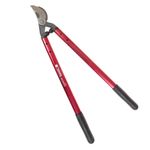
Corona High Performance Orchard Loppers
Fine Gardening receives a commission for items purchased through links on this site, including Amazon Associates and other affiliate advertising programs.
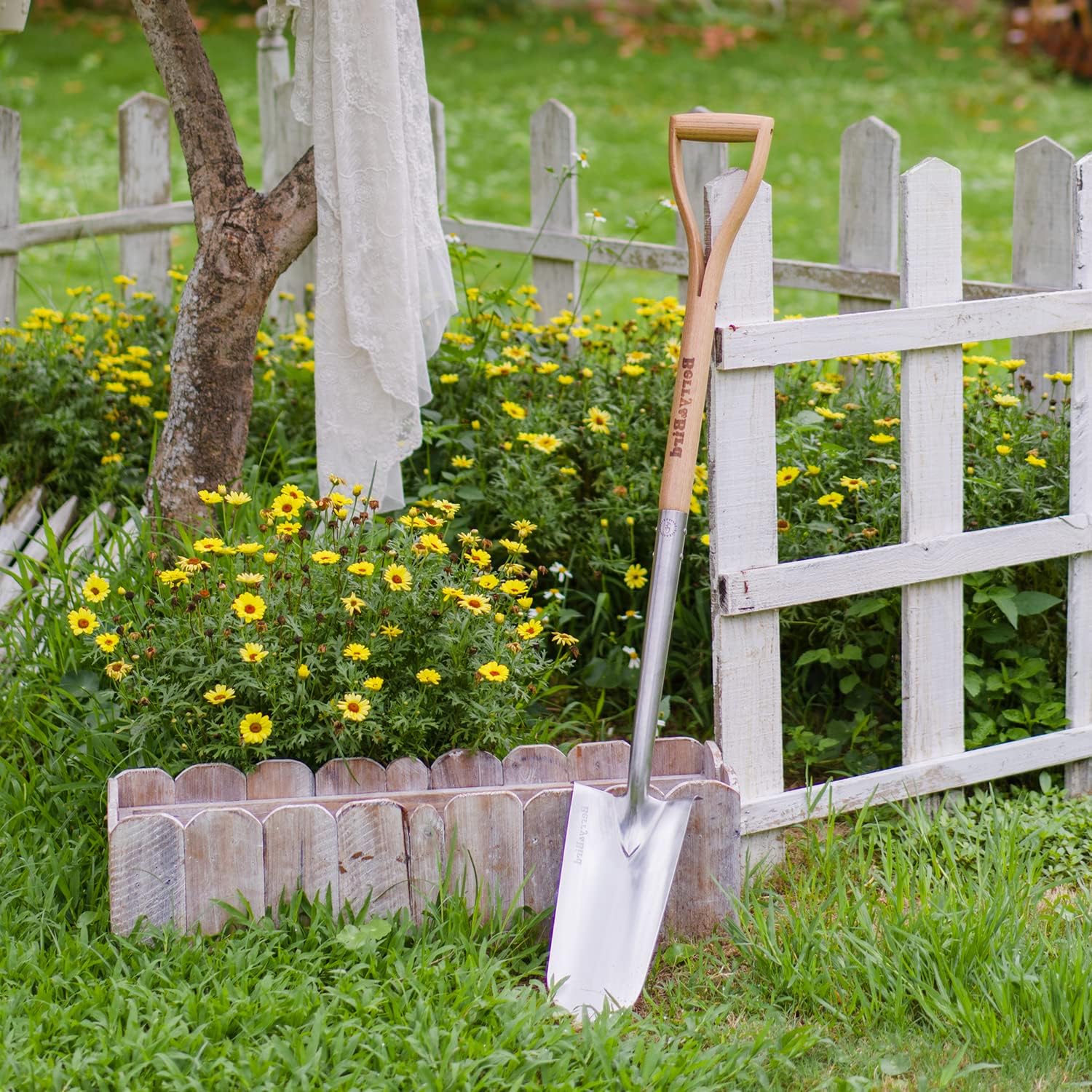
Berry & Bird Rabbiting Spade, Trenching Shovel
Fine Gardening receives a commission for items purchased through links on this site, including Amazon Associates and other affiliate advertising programs.

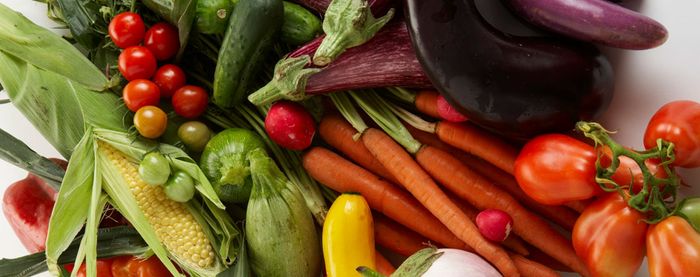





Comments
I was anticipating learning something new from this article and was sad that the information shared was what I already knew. I struggle with wonderful tomato plants growing taller than me with branches almost as long as the plant is in height. Any solution I have seen in catalogues is too expensive to be worthwhile.
The best supports we know of is a trellis of bamboo stakes down the middle of the tomato bed. This provides support from the very beginning and additional vertical supports can be put in place where needed, between tomato plants, for sharing, for instance. Use larger bamboo poles, about 1 inch diameter is good, The trellis is tied together with wire, the tomatoes are tied to poles with any soft twine or strips of cotton. The poles we put in have now lasted two years. I hope it makes sense. Here's a photo. Sorry cannot seen to upload photo. go to https://www.flickr.com/photos/51866221@N06/
You'll the tomato garden on upper left.
Good luck!
Great helpful link
http://www.garden365.com/container-gardening/growing-tomatoes-in-pots/
question on cold frames...do plants thrive in regular garden soil or do they need supplemented soil like manure. my soil is very sandy so I'm wondering if it's appropriate for cold frames. also would like some wisdom as to planting timeframes. I live in Upper Midwest where spring lasts a long time and summer can get VERY hot, so do vegetable plants have a marginal, okay, and ideal planting time? thanks, all!
Log in or create an account to post a comment.
Sign up Log in